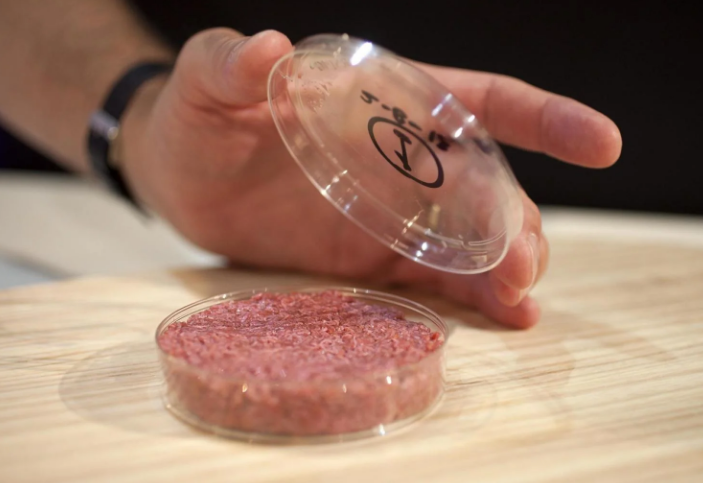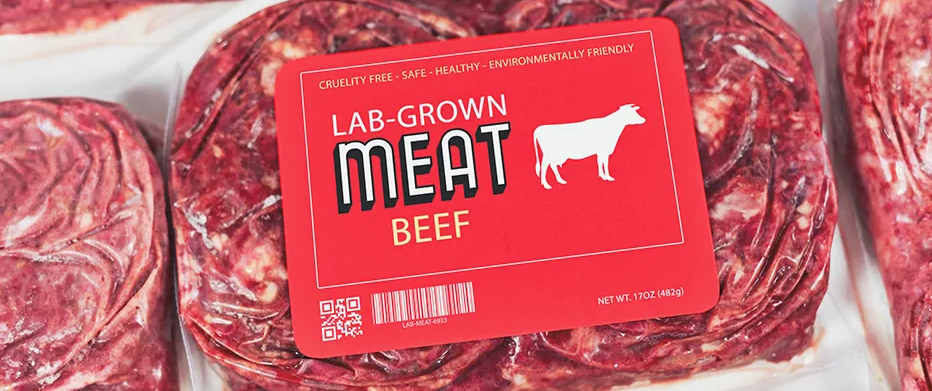Does Lab Grown Meat Have to be labeled on Food labels?
- By LabelValue Team
- Jan 16, 2024
The Lab-Grown Meat Revolution
The newest trend in the food industry has been artificial meat, cultured meat, or cultivated meat, or lab-grown meat. Now many consumers are asking will artificial meat be on food labels?
Lab-grown meat is produced by cultivating animal cells in a controlled environment, ultimately yielding a product that closely resembles traditional meat in terms of taste and texture. One of the key benefits of lab-grown meat is still being tested, and the long-term side effects are not known.
In 2018 Missouri passed a law that prohibited labeling lab-grown meat as "meat" on food labels unless it comes from harvested livestock or poultry.
The Lab Grown Food Label Dilemma
As lab-grown meat gains traction, a crucial question arises: should it be labeled differently from conventionally produced meat? Proponents argue that labeling is essential to provide consumers with transparency and choice. They contend that consumers have the right to know where their food comes from and how it's produced. On the other hand, opponents believe that labeling lab-grown meat differently could unfairly stigmatize it or deter consumers from trying it.
Lab Grown Meat Laws and Regulations

The U.S. Department of Agriculture (USDA) and the Food and Drug Administration (FDA) share joint regulatory oversight over lab-grown meat products.
The labeling of lab-grown meat primarily falls under the purview of the FDA, which oversees the safety of cell lines and production processes. The USDA, on the other hand, is responsible for labeling and marketing of meat and poultry products, including their inspection.
In November 2020, the USDA and the FDA announced a formal agreement outlining their roles in regulating cell-cultured meat. Under this agreement, the FDA would oversee cell collection, growth, and differentiation, while the USDA would regulate the production and labeling of the final products. The USDA's involvement in labeling indicates that there may be specific requirements in the future.
Additionally, some states have taken it upon themselves to establish labeling rules for lab-grown meat. For example, Missouri passed a law in 2018 that prohibited labeling lab-grown meat as "meat" unless it comes from harvested livestock or poultry. Other states have considered similar legislation.
The Future of Lab-Grown Meat Labeling
While there is no federal requirement for specific labeling of lab-grown meat in the United States, it's essential to monitor the evolving regulatory landscape. As the industry matures and lab-grown meat products become more widely available, it is likely that clearer labeling guidelines will emerge at both the federal and state levels.
The labeling of lab-grown meat remains a complex and evolving issue in the United States. As technology advances and regulatory bodies continue to refine their oversight, consumers can expect more transparency in how lab-grown meat is labeled.
Image from https://www.colorado.edu/

 Save 10% off your first LabelValue order |
Save 10% off your first LabelValue order | 